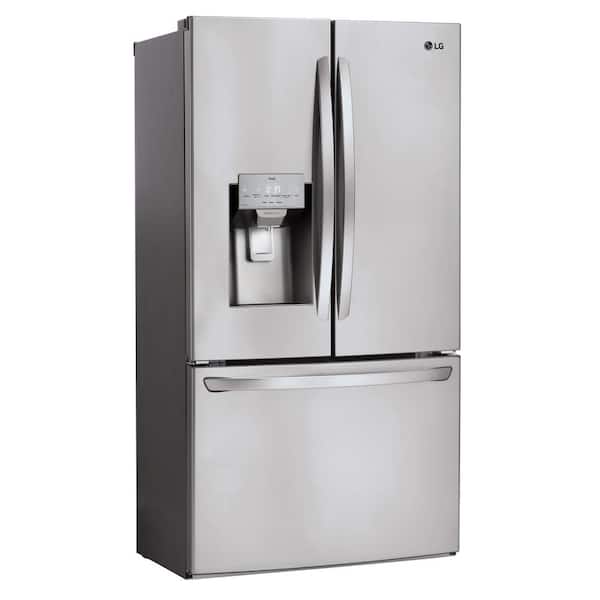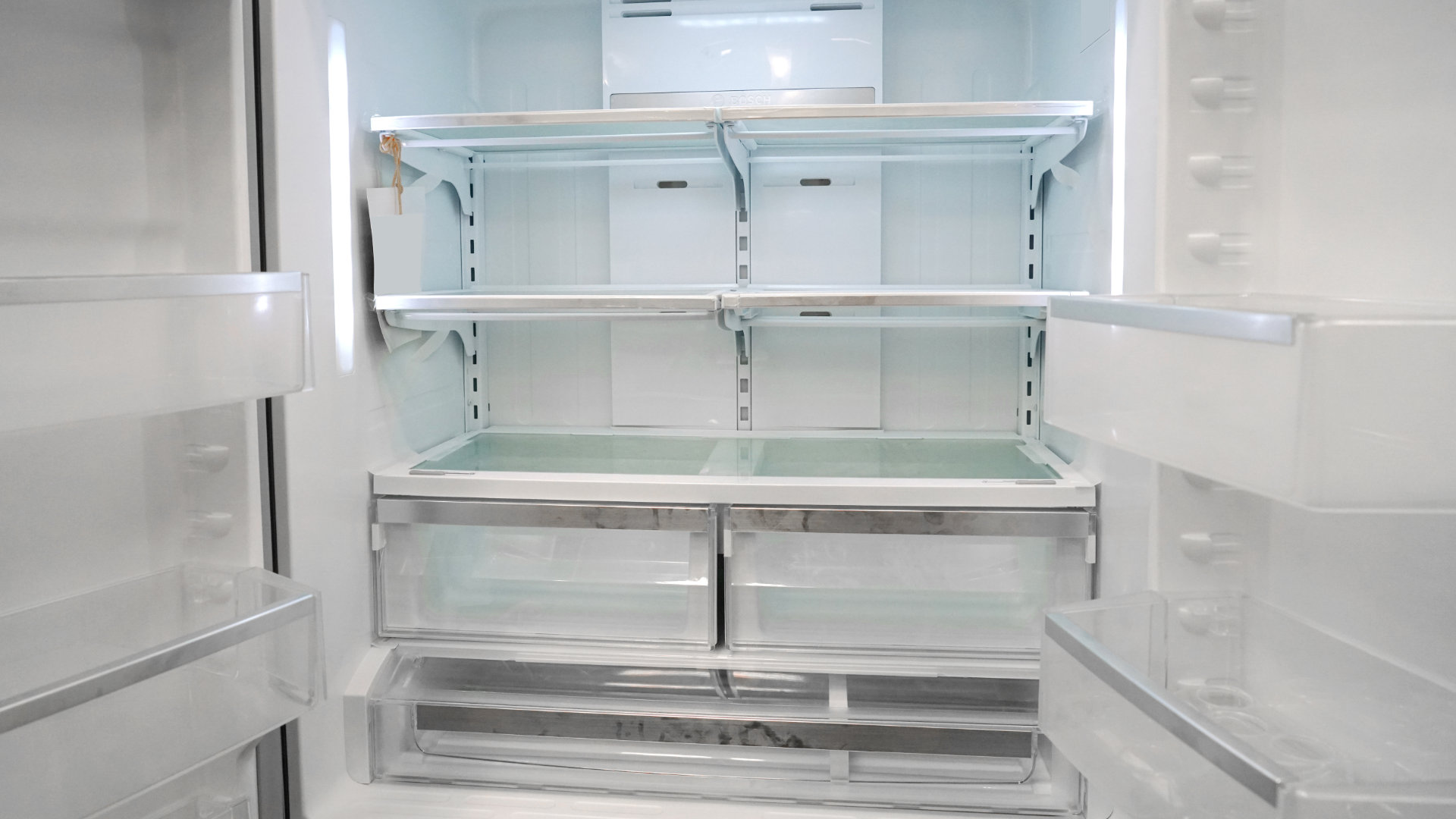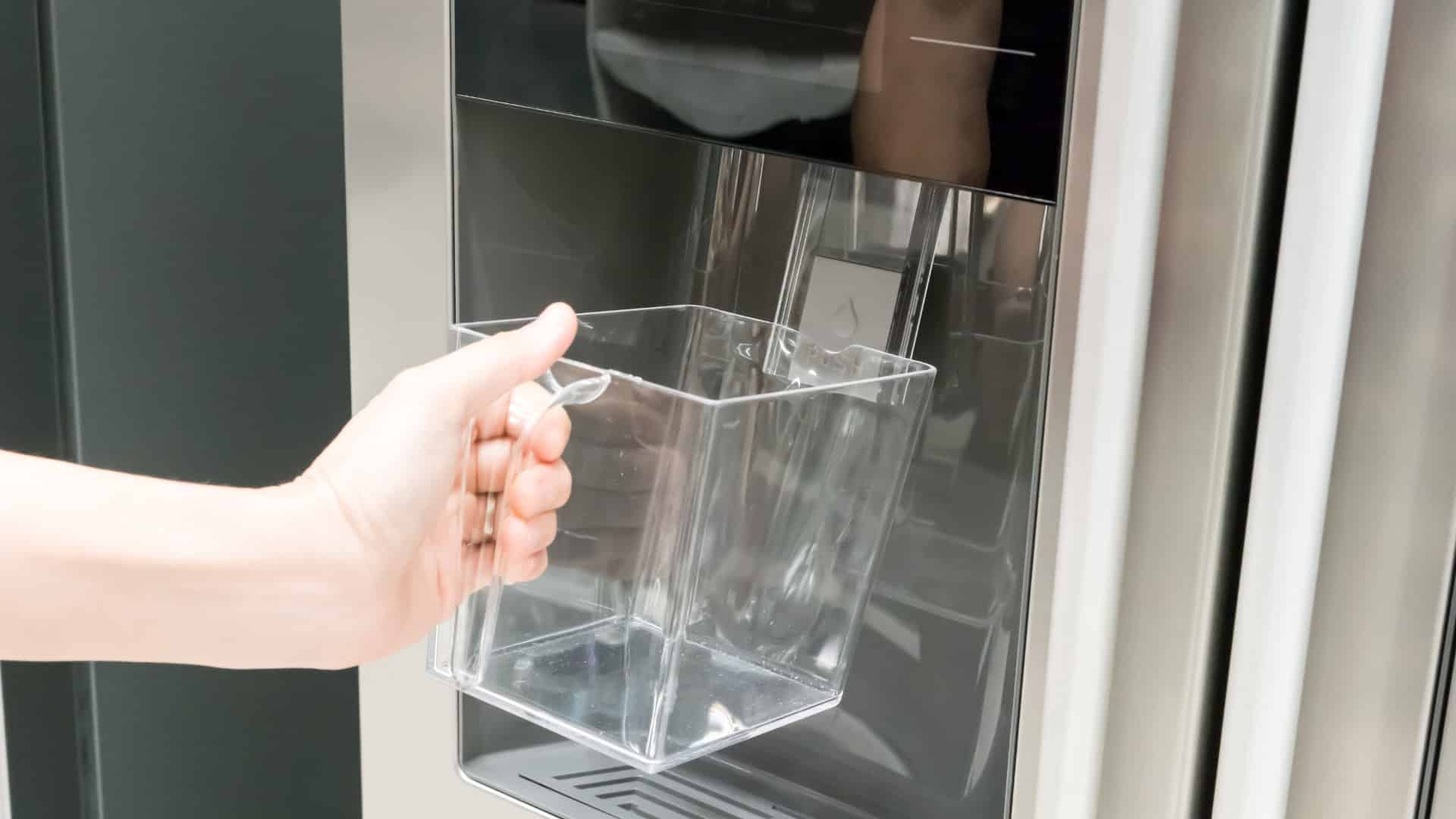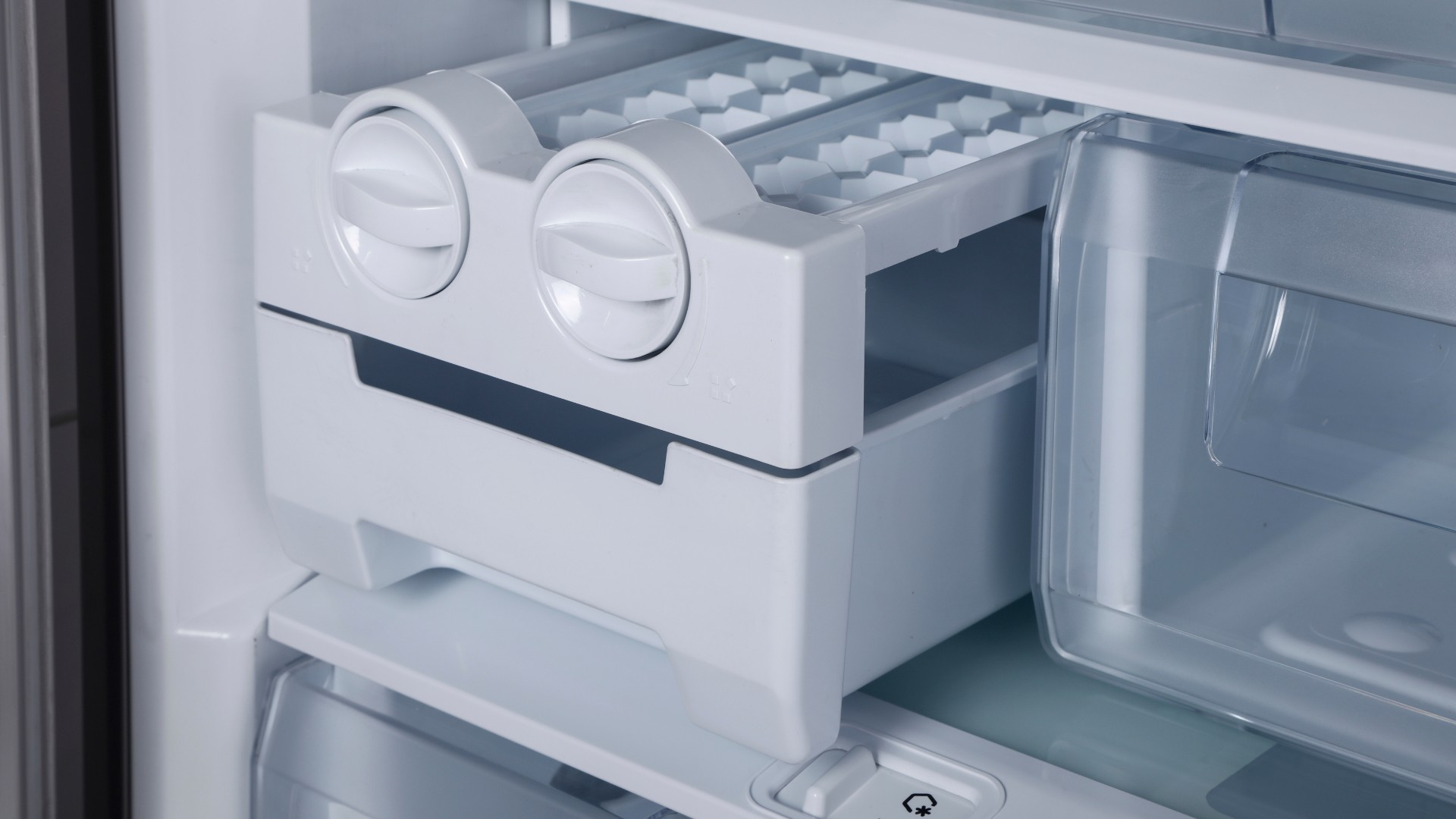Understanding the Ice-Making Process in LG Refrigerators
LG refrigerators, known for their advanced technology and innovative features, are designed to provide homeowners with convenient and efficient ice-making capabilities. When your LG fridge suddenly stops producing ice, it can disrupt your daily routine and prompt concern. To effectively troubleshoot this issue, it is crucial to first understand the basic mechanics behind the ice-making process in these appliances.
The ice-making cycle in an LG refrigerator typically involves several key components working in harmony: a water supply line, a water filter, an ice maker assembly, and a control board. Water from the household supply flows through the water filter, removing impurities and ensuring clean, fresh-tasting ice. The filtered water then enters the ice maker assembly, where it fills a mold and is frozen into cubes. Once the ice is ready, a heating element briefly warms the mold, allowing the ice cubes to be easily ejected into the storage bin. The entire process is regulated by the control board, which receives signals from sensors and initiates each step as needed.
Common Reasons Why Your LG Fridge Is Not Making Ice
When your LG refrigerator fails to produce ice, several factors may be at play. Identifying the root cause will enable you to implement the appropriate solution. Here are some common reasons why your LG fridge might not be making ice:
Clogged or Malfunctioning Water Filter
A clogged water filter can restrict the flow of water to the ice maker, leading to reduced ice production or none at all. Over time, filters accumulate contaminants, eventually reaching their capacity and necessitating replacement. Regularly changing your LG fridge’s water filter according to the manufacturer’s recommendations (usually every 6 months) helps ensure optimal ice-making performance.
Frozen Water Supply Line or Ice Maker Components
Freezing can occur within the water supply line or the ice maker itself due to low temperatures, inadequate insulation, or prolonged periods without use. This can block the flow of water and prevent ice formation. If you suspect freezing, turn off the ice maker and allow the affected components to thaw naturally. Improving insulation around the water line or adjusting the fridge’s temperature settings may help prevent future occurrences.
Faulty Ice Maker Assembly or Control Board
Malfunctions in the ice maker assembly or control board can disrupt the ice-making cycle. Issues such as a faulty motor, damaged mold, or malfunctioning ejector arm can hinder ice production. Similarly, if the control board fails to send proper signals to initiate the ice-making process, ice production will cease. In such cases, professional diagnosis and repair or replacement of the faulty component(s) may be necessary.
Insufficient Water Pressure or Supply
Low water pressure or an interrupted water supply can lead to inadequate water flow to the ice maker, resulting in little to no ice production. Check your home’s main water supply and ensure that the valve supplying water to the fridge is fully open. Additionally, test the water pressure using a gauge; if it falls below the recommended range (usually 20-120 psi), consult a plumber to address any underlying issues.
Incorrect Settings or User Error
Sometimes, an LG fridge not making ice can be attributed to incorrect settings or user error. Verify that the ice maker is turned on and set to the desired ice production level. Also, ensure that the freezer temperature is set appropriately (between 0°F and 5°F) to facilitate proper ice formation. Clearing any accumulated ice from the storage bin can also help trigger the ice maker to resume production.
Troubleshooting Steps and Solutions
To resolve the issue of your LG fridge not making ice, follow these troubleshooting steps:
- Check the water filter: Replace the filter if it has exceeded its recommended lifespan or if there is noticeable sediment buildup.
- Inspect for freezing: Look for signs of frost or ice buildup in the water supply line or ice maker components. Thaw any frozen parts and address insulation or temperature issues if necessary.
- Test the ice maker assembly and control board: If other troubleshooting steps fail, consult a professional technician to diagnose and repair or replace faulty components.
- Verify water pressure and supply: Ensure the water supply valve is fully open and test the water pressure. Consult a plumber if adjustments are going to need.
- Confirm proper settings and clear the ice bin: Double-check that the ice maker is going to turn on, set to the correct production level, and that the freezer temperature is optimal. Empty the ice bin if it is full.
When to Seek Professional Assistance
Seeking professional assistance is an important step when facing challenges or situations that exceed your personal expertise, resources, or capacity to manage effectively. Here are some general guidelines and specific scenarios when it may be appropriate to seek professional help:
Mental Health Concerns
If you experience persistent feelings of sadness, anxiety, mood swings, insomnia, loss of interest in activities, substance abuse, suicidal thoughts, or any other mental health symptoms that interfere with your daily life, consider consulting a licensed therapist, psychologist, or psychiatrist. They can provide diagnosis, treatment, and support for various mental health conditions.
Physical Health Issues
When you have unexplained or persistent physical symptoms, such as pain, fatigue, or digestive issues, consult a medical doctor. They can conduct a thorough examination, order diagnostic tests, and provide appropriate treatment. Additionally, if you need specialized care for chronic conditions, injuries, or complex health problems, seek guidance from a specialist in the relevant field.
Legal Matters
Anytime you face legal issues, such as drafting a will, dealing with a lawsuit, going through a divorce, handling immigration matters, or starting a business, it’s essential to consult a qualified attorney. Legal processes can be complex and nuanced, and professional guidance can help you navigate them effectively while protecting your rights and interests.
Financial and Tax Planning
For complex financial decisions, investment strategies, retirement planning, tax preparation, or estate planning, consult a certified financial planner, accountant, or tax advisor. They can provide expert advice tailored to your specific financial situation, help you make informed decisions, and ensure compliance with relevant laws and regulations.
Relationship or Family Issues
If you’re experiencing significant relationship conflicts, communication breakdowns, or parenting challenges, consider seeking the help of a couples therapist, family therapist, or licensed counselor. These professionals can provide tools and guidance to improve relationships, resolve conflicts, and foster healthier dynamics.
Career Development and Job Search
When you’re considering a career change, struggling with job search strategies, or seeking guidance on professional development, consult a career coach or counselor. They can help you identify your strengths, set career goals, develop effective resumes and cover letters, prepare for interviews, and navigate the job market.
Home Repairs or Renovations
For major home repairs, renovations, or construction projects, consult licensed contractors, architects, or engineers. Their expertise can ensure that the work is going to do safely, efficiently, and up to code, preventing potential hazards and costly mistakes.
Educational Challenges
If your child is struggling academically, has a learning disability, or needs specialized educational support, consult a school counselor, educational psychologist, or specialized tutor. They can assess your child’s needs, recommend interventions, and work with educators to develop an Individualized Education Plan (IEP) if necessary.
Conclusion
In conclusion, addressing an LG fridge not making ice requires understanding the ice-making process, identifying potential causes, and implementing targeted troubleshooting steps. By following the comprehensive guide outlined above, you can effectively diagnose and resolve most ice-making issues, restoring your fridge’s functionality and ensuring a steady supply of refreshing ice for your household. If faced with complex problems or concerns about warranty coverage, seeking professional assistance is always a wise choice.





